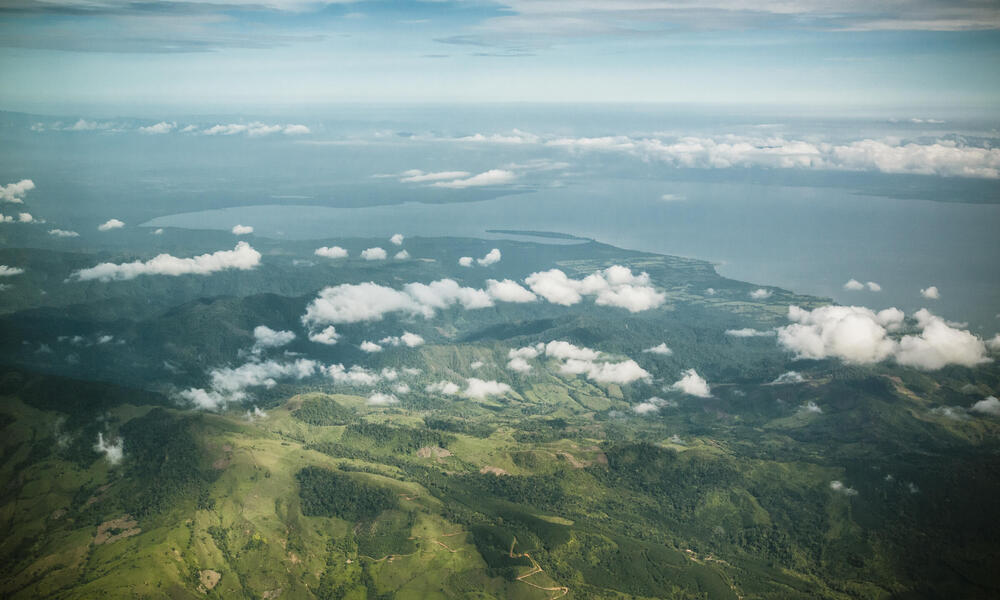Climate impacts
Here the rivers should flow, and forests should thrive, nourishing the communities that surround them. But the impacts of climate change are taking their toll, with severe consequences. Droughts are more frequent and more severe. Forest fires are becoming uncontrollable. With increasingly irregular rainfall, crops are failing, and many are abandoning their farms altogether to pursue other livelihoods or decide to work on a bigger piece of land with the belief that cultivating more land will solve the problem, encroaching on areas that are not meant for farming.
The rural communities in the watershed rely on water from upstream sources for drinking water, which is often contaminated with mud from erosion caused by deforestation. Changes in the climate have contributed to increased water scarcity as well as heavy rainfall events, increasing runoff in the watershed, members of the community report that the rivers used to be crystal clear but now they are murky.
Back to the source
Despite the difficult situation in Guatemala all hope is not lost, and the future looks positive. This region has become an example of best practice when it comes to tackling water scarcity and ensuring the shared resource of water is managed and protected for current and future generations.
Over 10 years ago, working alongside the local communities, WWF-Guatemala/Mesoamerica and Fundacion Defensores de la Naturaleza (FDN) launched an initiative in Sierra de las Minas Biosphere Reserve to look at the way water was managed here, in specific sub-watersheds. The Coca-Cola Company System (HQ and bottlers) was one of the first participants in this initiative, investing in water sustainability.
